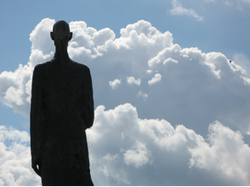
Strawberries went bad (lasted 3 days)
Back to the store to replenish
Bread went bad (lasted 5 days – barely)
Back to the store to replenish
Milk went bad (lasted four days)
Back to the store to replenish
Welcome to Norway!
When describing what I had learned of Norwegianess, I mentioned shopping more than once. My conversational partner (a Norwegian who [as usual] will not be truthfully named but will be called Thor), called me on it:
“Why do you associate Norway/Norwegianess” with going to the store?”
I laughed, noting that:
“Everything keeps going bad (getting spoiled) and I have to get more, which in and of itself is one thing; the exorbitant cost makes it quite another.”
Somewhat defensively, but not really (for the speaker was Norwegian afterall and they are seemingly never defensive), they replied:
“Well, this is because the food is fresh. There are no preservatives.”
“Well then,” I replied, “give me some preservatives back so that I do not have to keep walking to the store, so I can get more work done.”
As is frequently my way, I was half-joking. One part of me found it an imposition that I had to break out of my work routine to walk up the street (well a few blocks) and get to the supermarket before it closed (6-8 depending upon the day and the type of store). I had a book to write and was on a schedule. Accordingly, I wanted my bread for a week or two; my milk and strawberries for the same (they were all in the refrigerator for goodness sake).
The Norwegians had no problem with any of this. The store was outside afterall – their preferred domain. They had things to see and absolutely nothing to see; Things to do and absolutely nothing to do; places to sit, conversations to have, drinks to imbibe, deadlines to ignore.
This well captures the people and the place. I loved them for it but at the same time despised them (well as much as you could an angel of humanity - they are generally kind as well).
Just the other day, the magnitude of difference between Americans and Norwegians came to me. I was talking to someone from America about the three t’s: trying to write, trying to get grant money and trying to get some reading done, and a colleague from PRIO (Odin we will call them) came down to tell me that their inquiry on my behalf regarding access to some data was delayed.
“I could get no response,” they said.
Looking at my watch, I remarked:
“well, it is after 3” (it was 4:05).
Without missing a beat, they said
“life is short.”
In a moment of intense duality, I thought, “yes, it is short.”
Although we had used the same phrase, the moment was divided however because part of me understood about taking the moment, going outside and doing something or doing nothing at all. The other part thought that “one is not remembered for their walks, laying in the grass or drinking beer.” I was then puzzled for I wondered if we should be. I then wondered if my metric was off. Instead of thinking about the time after I departed this life – using it to build some pyramid of paper (a memorial of reflection and/or wasted effort), perhaps I should be thinking of the time during this life.
Then I was like, well – they could not be so relaxed without the oil money. The cash allowed them to take to the streets, parks, motorways and mountains. Like a country full of lil Budhas they now had the wherewithal to find enlightenment in the hillside or in the beer glass. Almost immediately I wondered if this was not the essence of hedonism – a reification of the flesh, of the immediate. Indeed, if everyone took off at 3, with an hour for lunch, what could be accomplished?
Well, of course, the immigrants kept the Norwegian wheel greased and moving. They had their shops open most of the night – a light in the dark or a dark in the night (given that they were generally people of color in a sea of whiteness). I could not even dislike Norwegians for this because they were seemingly kind to the newcomers. Well, at least until their numbers increased too much – then we would see (Cheikh Anta Diop would note). Strangely though, I would bet on Norwegian kindness. My optimism troubled me.
I then started to wonder about whom the hedonists back in the day were fighting with. What was the argument against living in the moment and not indulging every whim/desire that one had? My thoughts were disrupted by two things: 1) whoever the hedonists fought against was irrelevant at the moment (I seemingly embodied their competitors position); and, 2) whoever won, I had 10 minutes to get some milk at the store.
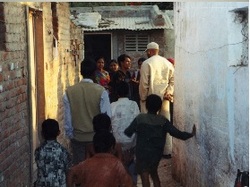
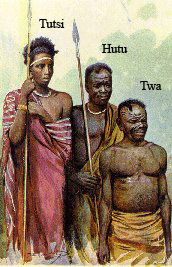
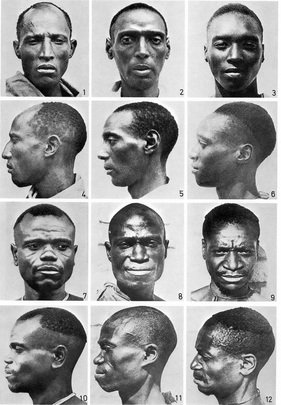
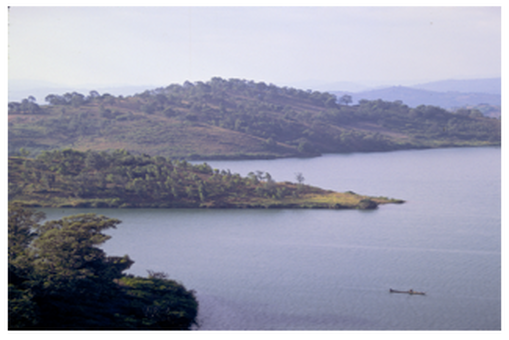
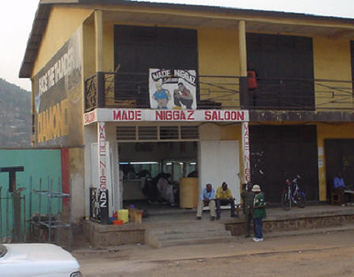
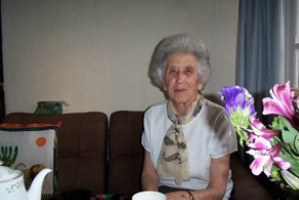
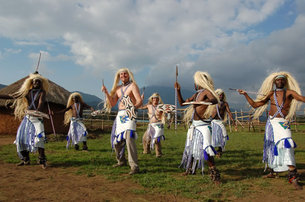

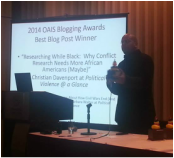
 RSS Feed
RSS Feed
